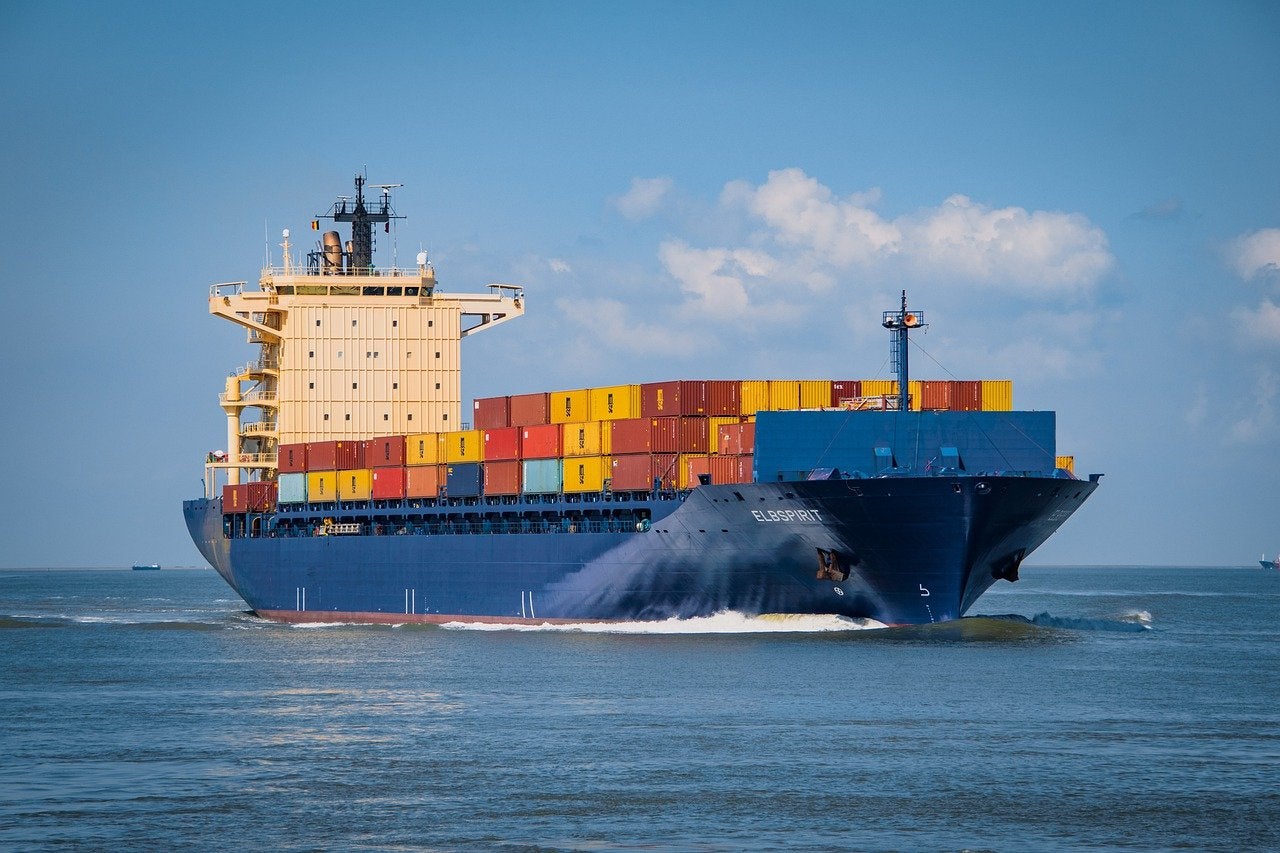
At the end of March 2020, a few weeks after the world went quiet because of Covid-19 lockdowns and travel bans, Nick Clarke – CEO at Singapore-based, Y Combinator-backed, platform Greywing – was talking to a security officer about how to solve shipping security issues in the Gulf of Guinea, when the customer mentioned they were having issues related to Covid-19 and couldn’t perform crew changes.
“Hrishi (Olickel – Greywing’s co-founder and the company’s CTO) and I had a quick chat and we did a lot more research, talking to all crew managers we could get a hold of, in Singapore and elsewhere,” he explains. “Over the next couple of days, we realised that crew changing issues were increasing exponentially and Rishi came up with the idea of replacing piracy intelligence with crew change intelligence.”
Launched on the market at the end of July 2021, Crew Change helps companies plan smarter crew changes around Covid-19 regulations through the use of industry data from their previous experience in building the Greywing’s risk platform, which was already based on trying to find the best possible route to move vessels from one point to the other.
“We realised that we plugged into, cleaned and built good datasets for most of the information you would need to solve crew changes,” adds Olickel. “We also realised that we were the only ones that had that level of access across the industry, as at the time we had both public and private data, good enough to task an automated system to try and solve that.”
Organising ship operations to get from A to B
Working with different industry stakeholders, including shipping industry partner S5 Agency World, Greywing built a comprehensive dataset of world ports, routes, and costs, to help companies make the smartest choices for their businesses and staff.
“Once you have that, it then becomes a matter of optimisation. Given these end-dimensions that you’re looking at, can you chart the best pathway forward?,” Olickel asks. The answer is relying on the human factor. “Automating and using the expertise crew managers have is really enough for us,” adds the CTO.
Greywing is still working on how to better present the technology to the users, making sure that the interface is intuitive and easy to use. “How do you best present that information? We have all the information but then cut down to what exactly a user wants to know at any point in time,” he continues.
The solution was also designed to be integrated with CRY4, Greywing’s platform, enabling organisations to make smarter decisions and prevent costly backlogs.
An advantage for shipping owners and seafarers
Crew Change’s benefits are particularly clear when it comes to what the tech does for ship owners, allowing them to assess crew changes 180 times faster than they would be able to through analogue methods.
“We bring all of the specific data points they need to assess into a single location or dashboard, for them to be able to instantly make that decision,” says Clarke.
Crew change is an industry-first technology. There is currently no other way for ship owners to predict costs, visa, and quarantine requirements of crew changes at once, turning Greywing’s technology into an industry must-have.
“In the last 18 months, a little over 1450 crew changes have been assessed with our software,” adds Clarke.
Within the industry, ship owners are not the only ones using Crew Change. Seafarers and their families have adopted the technology – which is provided for free by Greywing – to find out when they can realistically disembark, often verifying the information given by their companies.
“If that can be of any service to them, then they’re welcome to use it,” says Clarke. “If there was a way for us to help seafarers better, we would do it.”
Greywing executives believe that the best way for them to further help crews is for seafarers to engage more, letting the company know what the best way forward is.
“A lot of people in this industry are trying to solve the problems for seafarers,” he explains. “But I don’t know how many of them are engaging with seafarers, asking them ‘How would you like this problem to be solved’. We can’t do everything but we’re definitely open to suggestions.”
Becoming a must-have for the future of shipping
Regarding the future, both Clarke and Olickel are sure that the maritime industry will continue to rely on technologies such as Crew Change even post-pandemic.
As explained by Olickel, despite countries reopening and a general relaxation of anti-Covid-19 measures, in shipping things are still far from getting easier.
“If you speak with people in the industry and crew managers on the ground, every day or every month there’s something new that you’ve got to consider in order to make these vessels move from point A to point B, keeping a fleet operational,” he explains.
“Tools like ours are going to become invaluable in how the work is done. Being able to react with that level of information and automation also makes the industry, as a whole, more resistant to system shocks.”
Crew change issues were taking place before Covid-19 and are expected to continue to happen even after the pandemic, adds Clarke.
“The requirement for better methods of conducting crew changes is something that exists in a Covid and non-Covid world but it was brought to the fore because of the pandemic,” he concludes.



